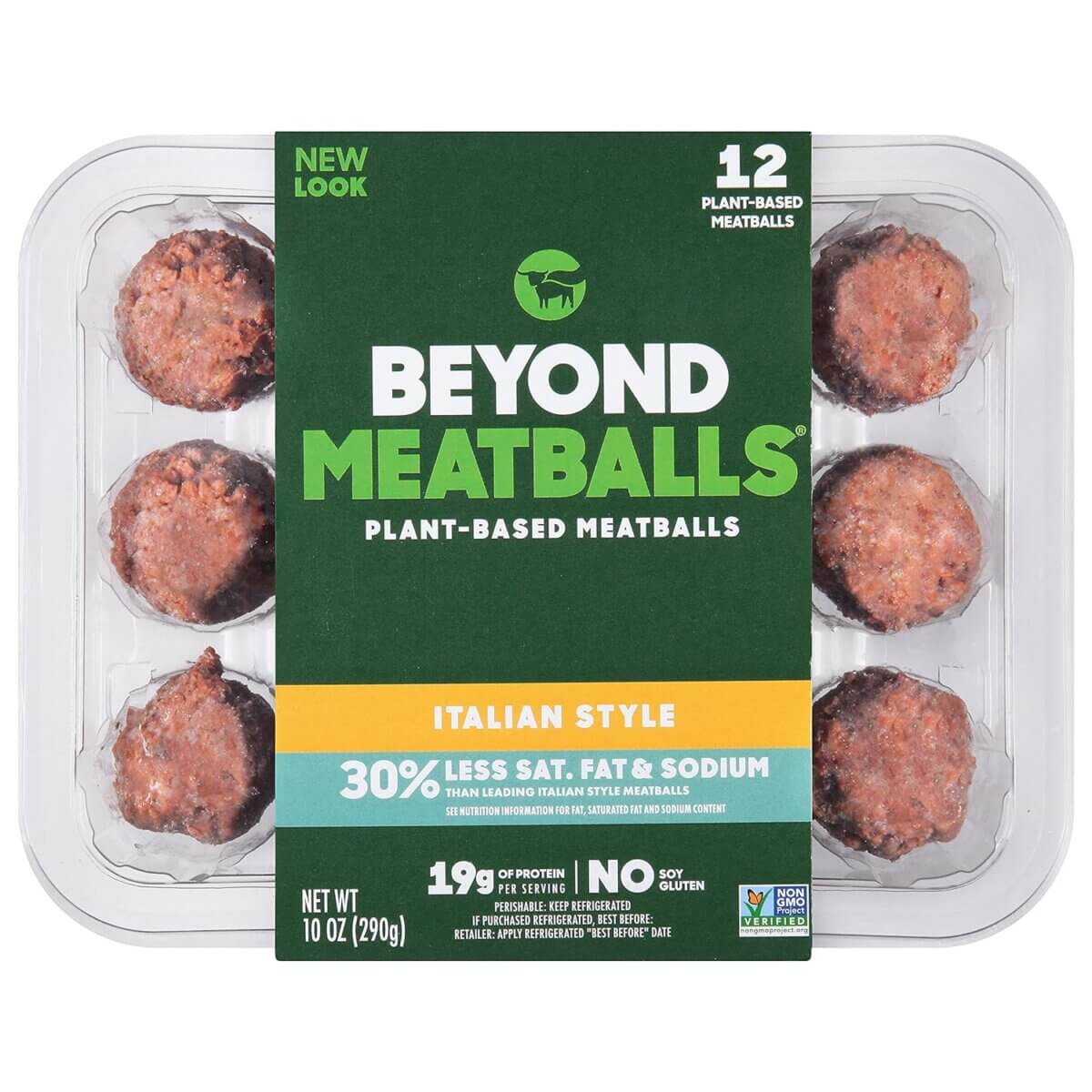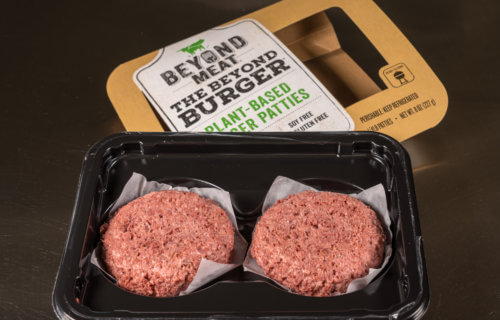While plant-based protein alternatives are nothing new, the plant-based industry has made enormous strides over the last decade. Beyond Meat and Impossible are just two of the largest brands out there. These two companies and others like it have successfully engineered meat substitutes that look, smell, and even bleed to attract people who like the taste of meat but don’t want to eat it anymore.
Plant-based meat products have also gained popularity amongst people who are trying to eat healthier by not eating red meat and increasing their plant protein intake. So, are these alternatives actually healthy, or is it just really good marketing?
What exactly is plant-based meat?
These “meats” do not directly come from animal flesh. Many brands like Beyond Meat and Gardein are completely vegan, meaning they contain no animal byproducts at all. Others like Quorn may have vegan options but also have vegetarian ones, meaning they can include ingredients like milk or eggs.
These alternatives usually come along with added salt, artificial colors, flavors, and processing agents to give you a “meat-like” eating experience without any meat at all. Usually, people who choose to eat these do so for animal welfare or environmental reasons. However, a lot opt for these because they think it’s healthier than eating meat. In recent years, the plant-based meat industry has seen a boom in sales for these reasons.

Are these substitutes healthy?
If you are someone who is trying to cut back on highly processed meats, which have been associated with negative health outcomes, these alternatives may help you to stick to your goals. However, this doesn’t necessarily mean that they are the healthier options.
Most plant-based burgers, ground meats, sausages, chicken nuggets, and patties contain added salt, sugar, and ingredients to make them just as hyper-palatable as their beefy counterparts. These additives provide hardly any nutritional advantage. In other words, they are often ultra-processed and, as such, may not be very different from the real thing.
In fact, Beyond burgers have five grams of saturated fat per patty, while the average beef burger has six grams. Given that these “meats” are meant to replicate your typical fast food, people usually don’t eat them with super nutritious sides either. After all, people usually want fries with their burgers.
Additionally, although meat has a bad reputation in the nutrition space and remains a topic of debate by health experts, it is a rich source of protein, iron, zinc, vitamin b12, and other nutrients. Eating moderate amounts of meat that hasn’t been fried or packed with additives remains a solid nutritional choice for this reason.

If it hasn’t been made clear, both meat and plant-based options lean toward the unhealthier side, the more vigorously they are processed. Many people would benefit from including more whole-food, plant-based protein sources. If you’re ready to branch out and eat more plants, or if you’re someone who relies a little too much on plant-based “meat” and wants to back off a bit, there are options out there for you.
These include whole food plant proteins like:
- Beans
- Lentils
- Tofu
- Tempeh
Most of these listed are high in fiber and protein, while all of these contain a variety of vitamins and minerals. The same can’t usually be said about the “meat” alternatives.
Bottom Line
While it’s okay to eat plant-based meat substitutes every now and again, it isn’t a wise choice to include them in your diet often if you are choosing plant-based foods for health reasons. There are far more versatile and nutritious plant protein choices to choose from, and they are often a lot more affordable as well.
Plant-based meats still contain significant amounts of saturated fats and additives. They may also be fried, just like the foods they are trying to replicate. As such, their intake should be kept in moderation as well.
You might also be interested in:
- Ancient Process Turns Plant-Based Cheeses Into Something People Actually Want To Eat
- Fermented onions could bring the meaty flavor back to plant-based meat alternatives
- Best Frozen Vegan Meatballs: Top 7 Meatless Alternatives, According To Experts

